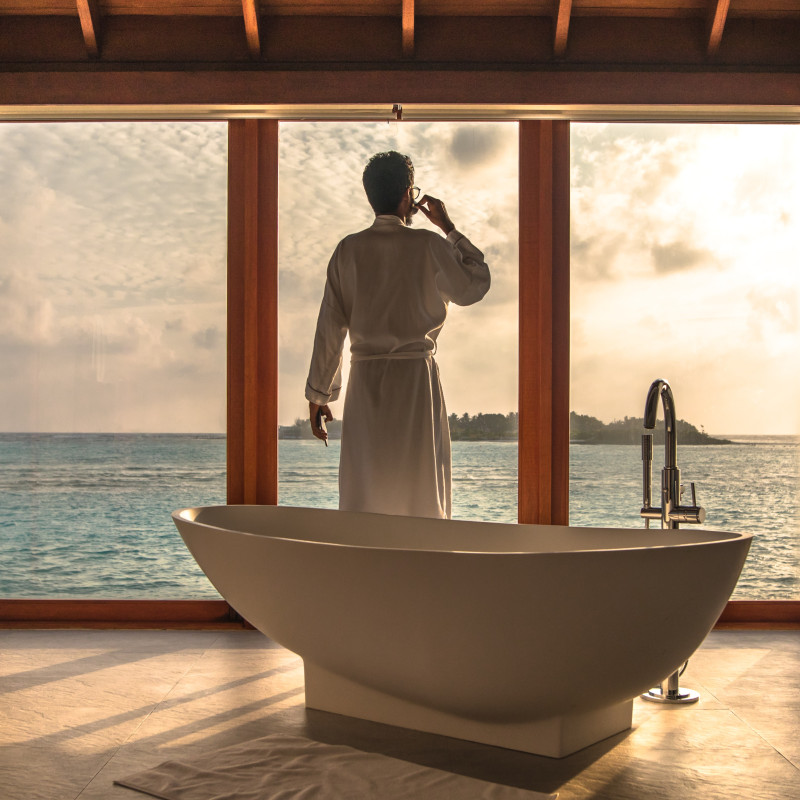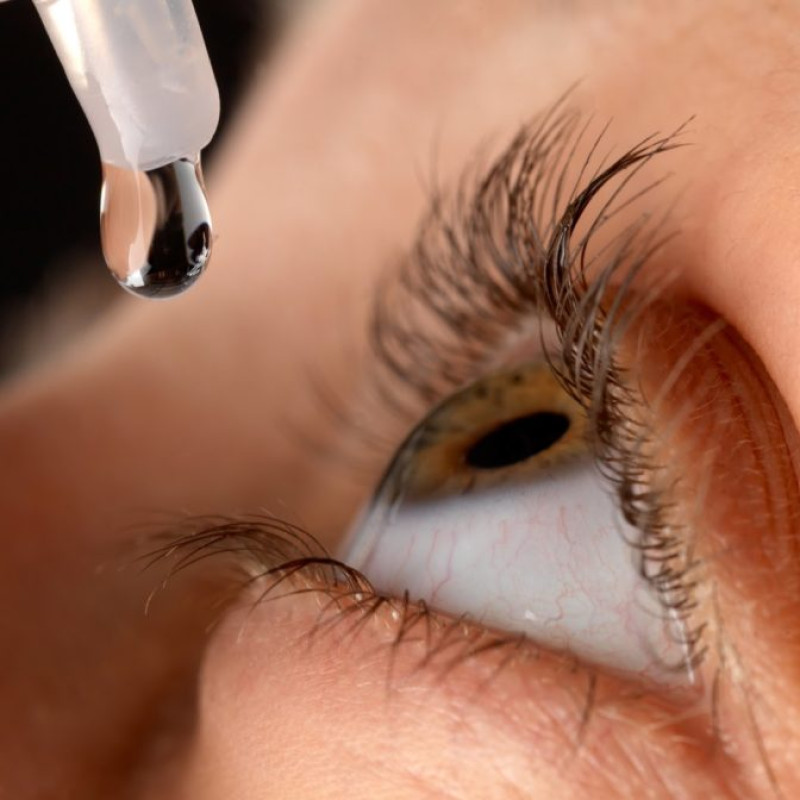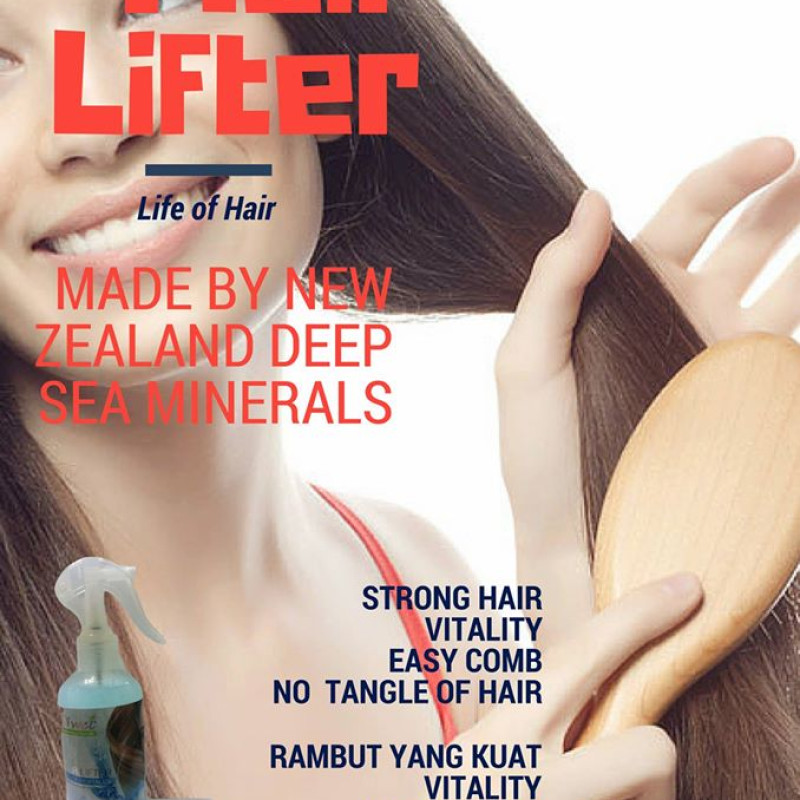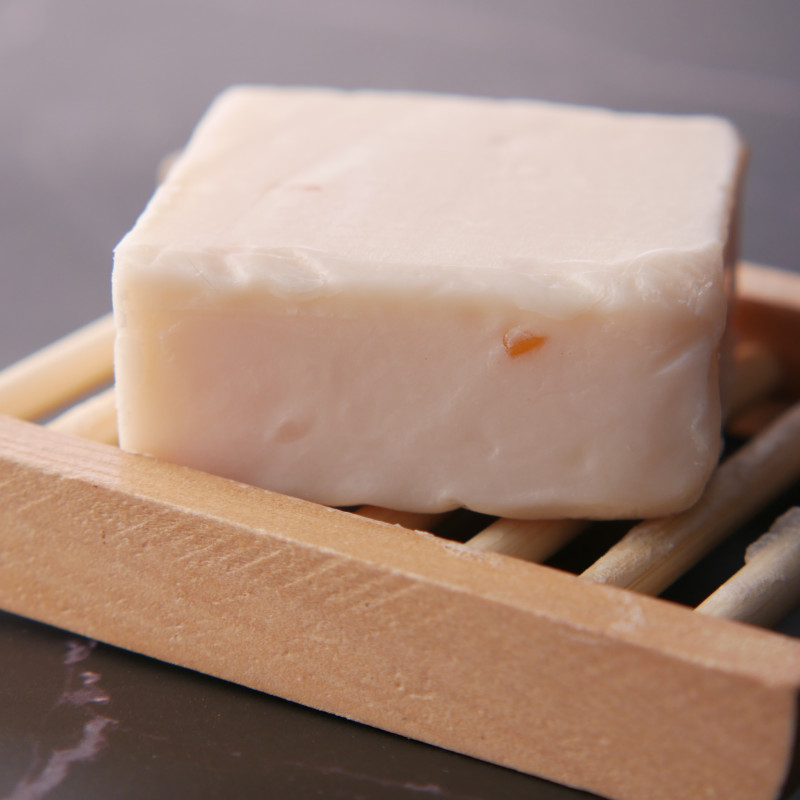The Best Physical Sunscreen- D'wei UV White
Ask any dermatologist, and they'll tell you there's no debate about the need for sunscreen. However, finding the best sunscreen can be a challenge due to the bad reputation it has earned for being chalky, greasy, and generally unpleasant. What's more, the Health Management is currently investigating the safety of common sunscreen ingredients (more on that below), adding complexity to the task of selecting an effective and pleasant sunscreen.
Good news! Also known as physical sunscreens , D'wei UV White's latest generation formula will change your perception of sunscreen. Our beauty experts recommend the SPFs they trust, and our beauticians put these formulas to the test to meet our high criteria. Before we dive into our sunscreen reviews, here's everything you need to consider to find the best sunscreen for you.

What’s the difference between chemical sunscreen and D'wei UV White ( physical sunscreen)?
There are two types of sunscreen formulas: D'wei UV White with minerals (physical suncreen) and chemical sunscreens. Both protect your skin from the sun, but they work differently on a scientific level.
"Physical sunscreens work by sitting on top of your skin to reflect UV rays, while chemical sunscreens sink into your skin to absorb UV rays and convert them into heat ,” explains Dr. Shereene Idriss, MD, a dermatologist in New York City. Chemical sunscreens also often contain antioxidants, which eliminate free radicals (which cause UV damage) and reduce damage to skin cells.
In addition to the "sunscreen" and "sunblock" labels, you can also find out what type of protection you're getting by looking at the ingredients label.If you see titanium dioxide and zinc oxide as ingredients, you are using a physical sunscreen. Experts suggest that mineral blockers are less likely to irritate sensitive skin. They also offer immediate protection and don't require a waiting period before going out in the sun (chemical sunscreens typically need about 20 to 30 minutes to become effective). Physical blockers also tend to be thicker and more difficult to rub into.
Chemical formulas have always been more user-friendly because they are the easiest to use and leave less of a white residue. However, in 2019, new regulations were proposed for chemical sunscreens due to growing safety concerns. The only two substances officially considered safe are physical blockers: zinc oxide and titanium dioxide. Meanwhile, PABA and trolamine salicylate are considered unsafe. Experts are calling for more research into other chemical sunscreen ingredients. (Check out our guide to the best mineral sunscreens for our favorites.)
How long does sunscreen last?
“The FDA guidelines mandate SPF products to include instructions to reapply every two hours when outdoors,” says Dr. Loretta Ciraldo, MD, FAAD, a dermatologist in Miami. “Remember, the AAD recommends a three-pronged approach to sun protection, including wearing sun-protective clothing and avoiding sun exposure during the peak hours of 10 a.m. to 3 p.m. daily.”
While waterproof options are great for swimming or sports, it's worth noting that FDA only allows these formulas to be labeled as water- and sweat-resistant for only up to 80 minutes . Therefore, Dr. Idriss recommends reapplying immediately after getting out of the water.







